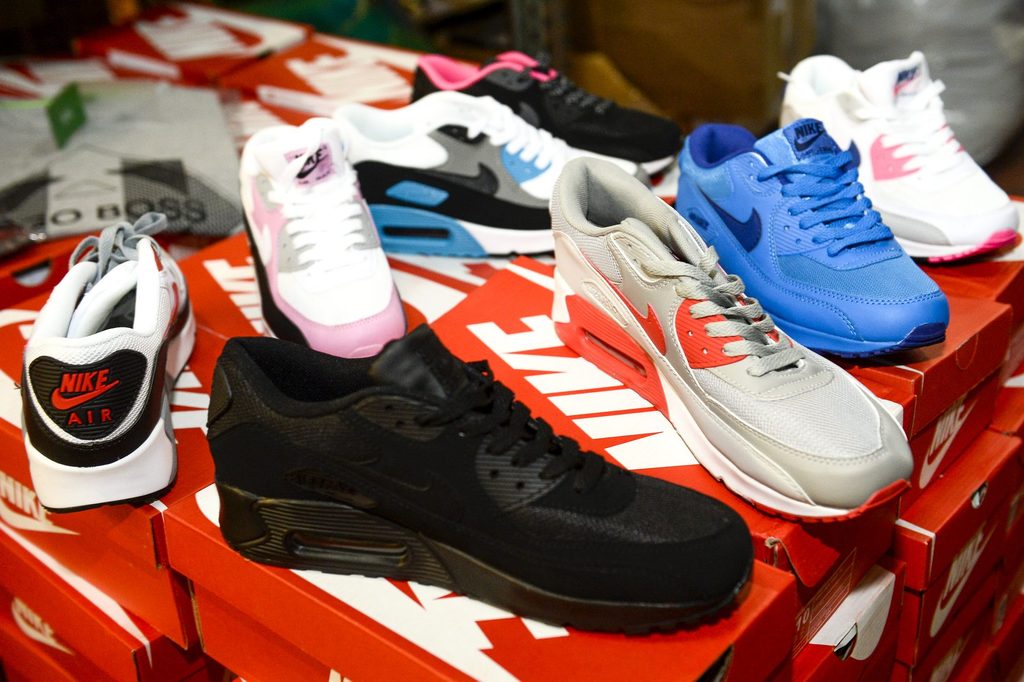Although most Belgians are aware of the negative impact of counterfeit goods, 13% have consciously purchased a counterfeit product in the last twelve months, according to a survey by EUIPO, the European Intellectual Property Office.
Young people in particular admit that they have been guilty of this. During the first half of February, the EUIPO conducted its fourth intellectual property awareness survey. 25,824 people from all EU Member States were interviewed.
"As in 2020, there is a broad consensus (93%) that it is important that inventors, publishers, creators and performers can protect their rights and be paid for their work," RTBF quoted the EUIPO as saying.
Yet a third of Europeans find it acceptable to buy such products when the original is too expensive. Among young people, this rises to almost half. About a quarter (26%) of respondents under the age of 24 knowingly bought a counterfeit product in the last 12 months. Among over-65s, this was 5%.
"The products most frequently seized by the Economic Inspection of the Federal Economy Office are perfume and care products, electronics, toys, clothing and accessories, and shoes," Lien Meurisse, Director of Communications at the Federal Economy Office, told The Brussels Times. "Unfortunately, we do not have data that would allow us to distinguish between products that are most commonly bought in general or specifically by young people."
While they are most often guilty of being fake goods, young people are more likely to take into account the social consequences of counterfeiting. These include damage to employment, the creator of the original product and the environment. "People are least likely to stop buying counterfeit goods because of an awareness of the harmful effects on society," a quote from the report republished by RTBF stated.
Counterfeit products in shops
When asked about the most popular outlets for buying counterfeit goods, Lien Meurisse told The Brussels Times: "While a shift towards online sales of counterfeit goods has been noticeable in recent years, the volume of sales through physical shops and markets also remains significant."
According to the information pages on counterfeiting published on the website of the Federal Economic Office, the loss of revenue as a result of counterfeiting around the world is estimated to be hundreds of billions of euros. The counterfeiting market is believed to represent 5 to 10% of global trade.
Counterfeiting is also responsible for job losses across Europe with estimates suggesting as many as 700,000 people have become unemployed as a result. Furthermore, counterfeiting favours the development of uncontrolled and sometimes illegal working environments and the exploitation of vulnerable workers.
Related News
- Belgium is a hotspot for cigarette traffickers
- Over 12,000 counterfeit euro notes discovered in Belgium last year
- Organised criminals arrested for illegal sale of Belgian medicines
As well as the economic hit European countries and citizens take from counterfeiting, there are other factors such as the risk to consumer health and safety. The products are made without any controls by the competent authorities and do not always meet quality standards. Counterfeit drugs can be particularly problematic.
Above all, counterfeiting and piracy have a negative impact on innovation and investment, according to the Federal Economic Office. Businesses are less inclined to invest in research and development when results are not effectively protected.

